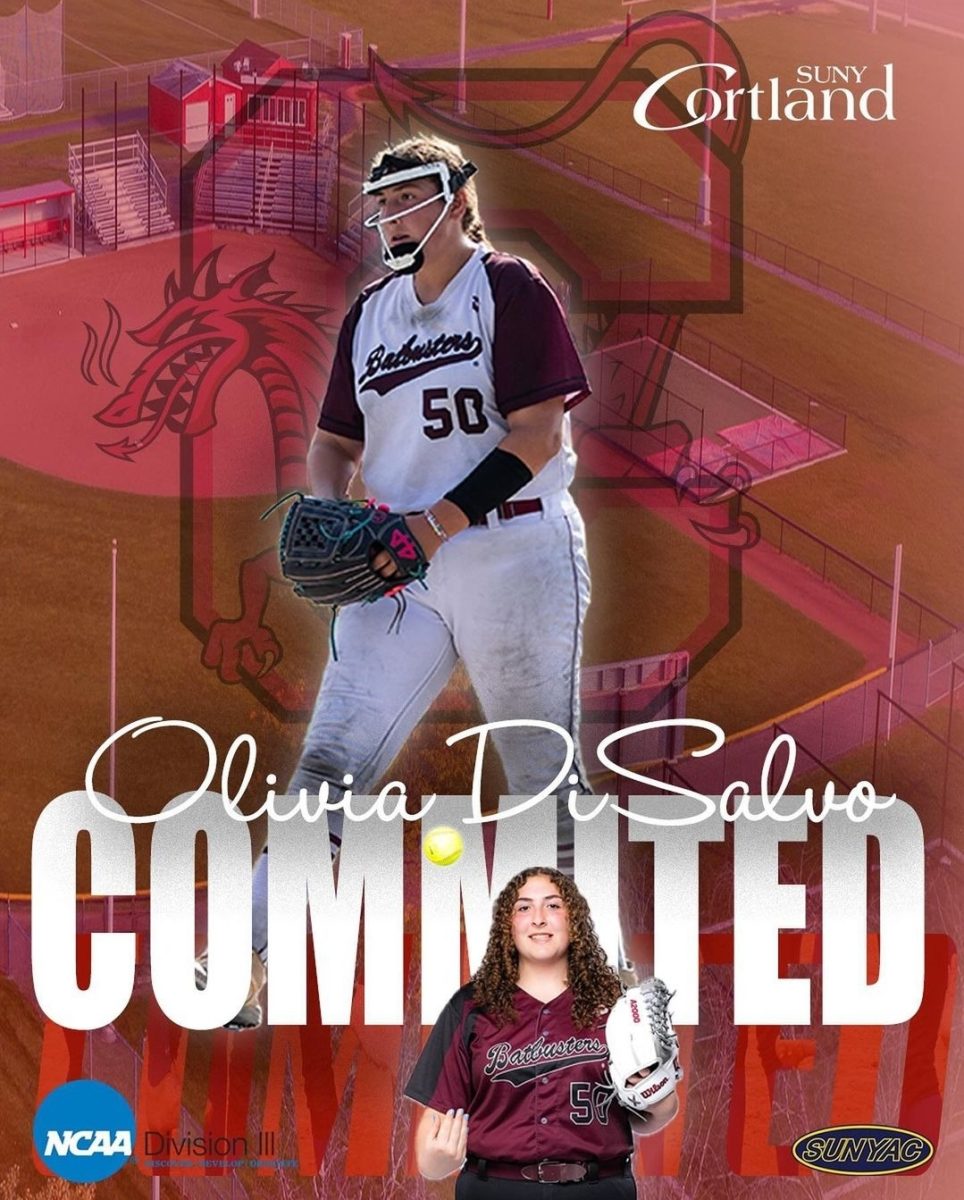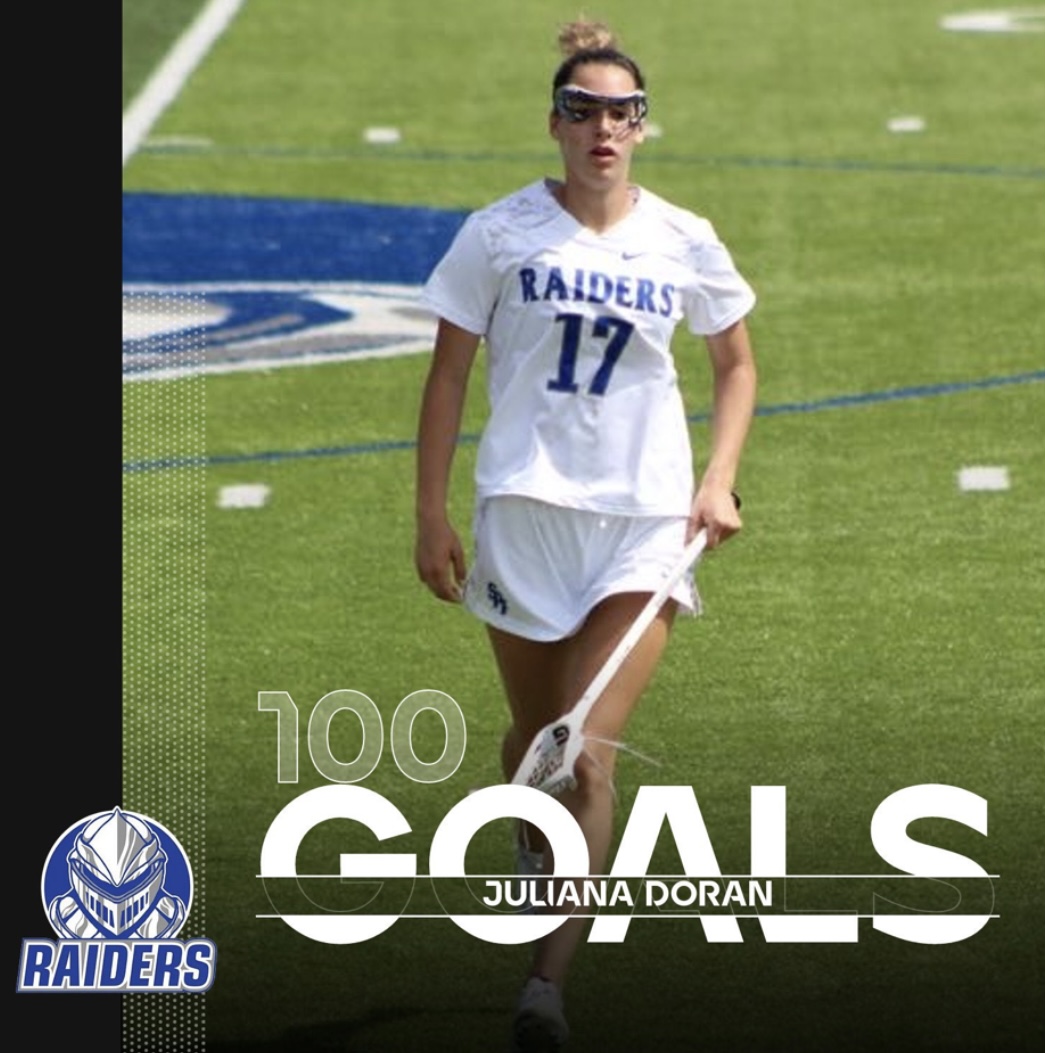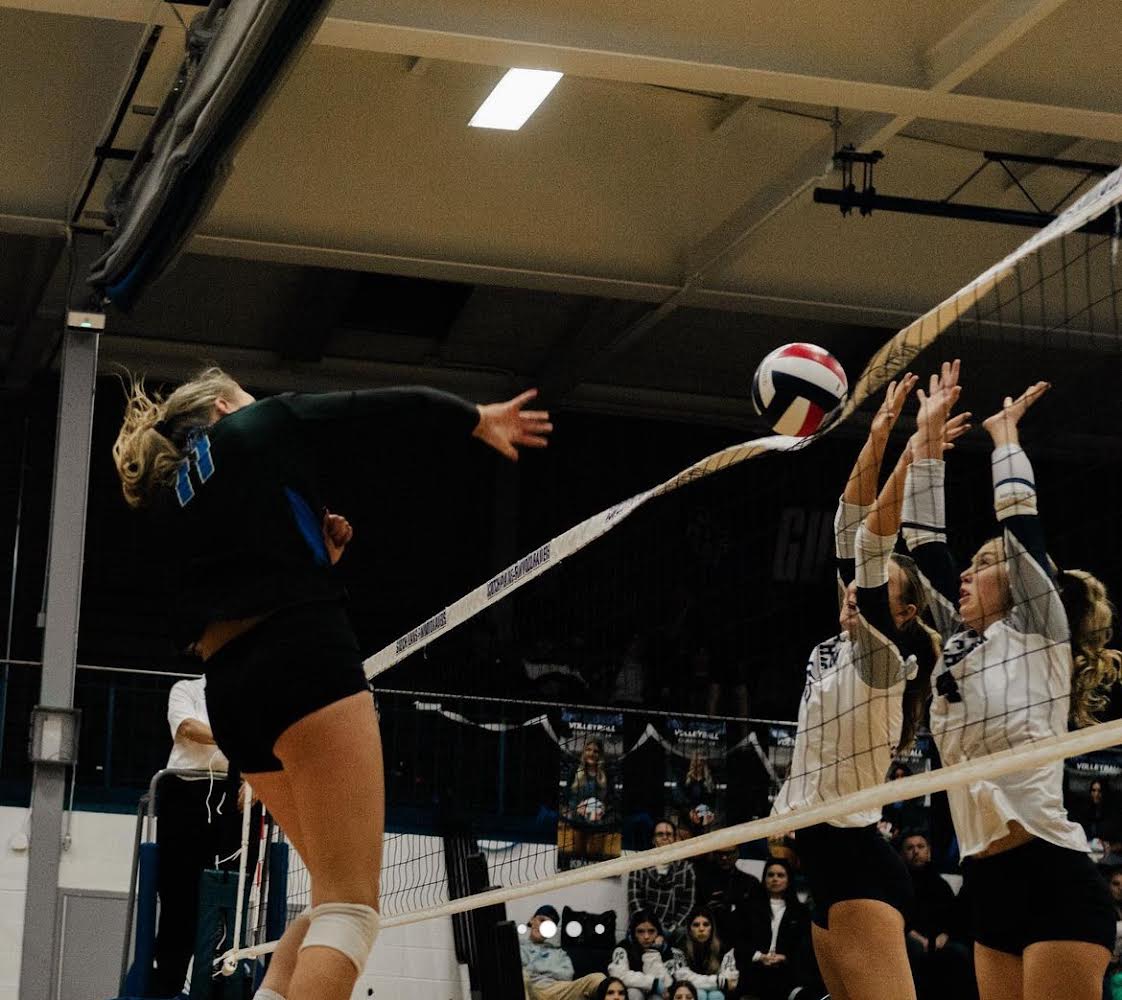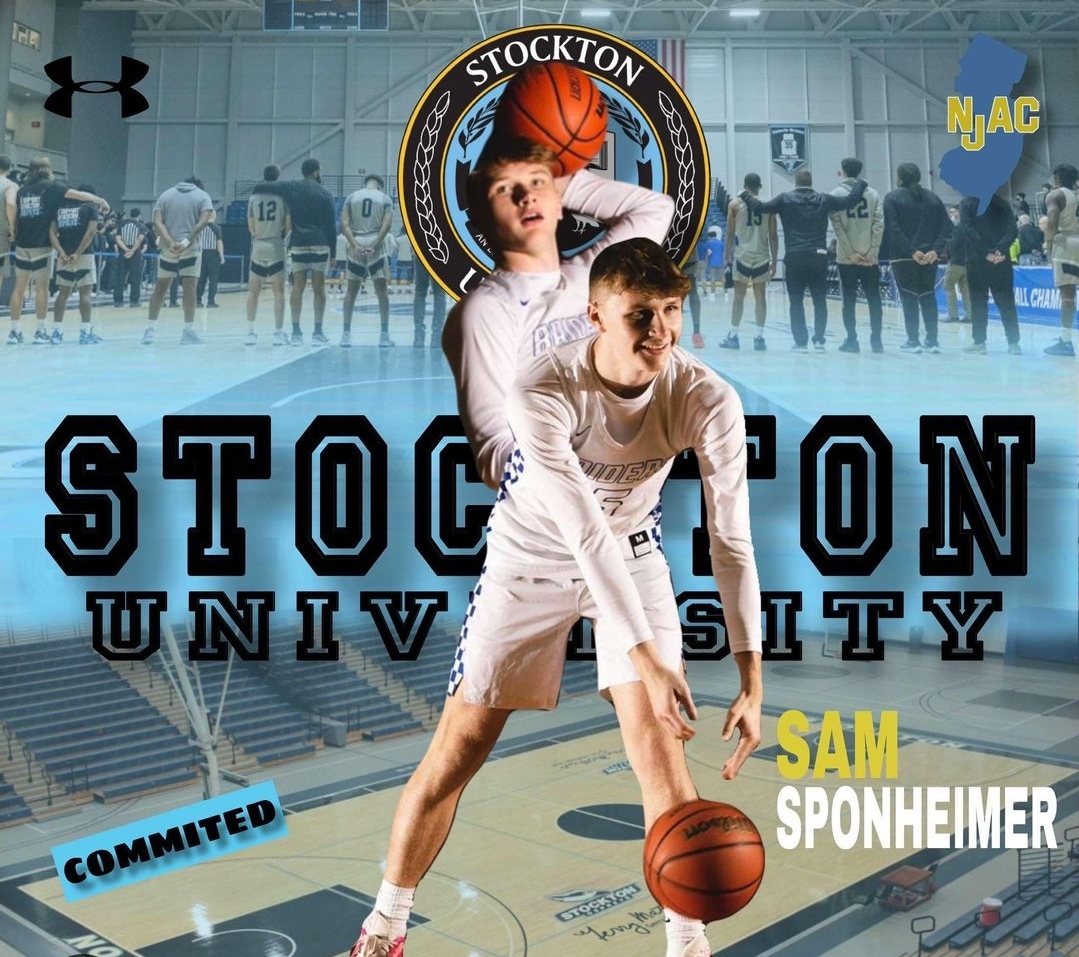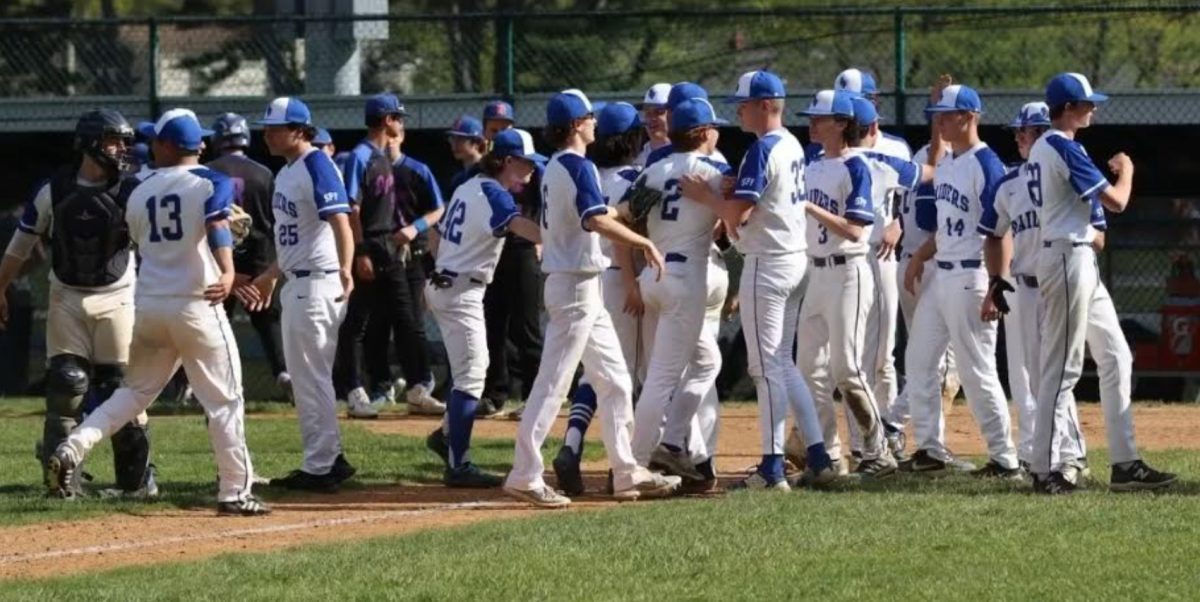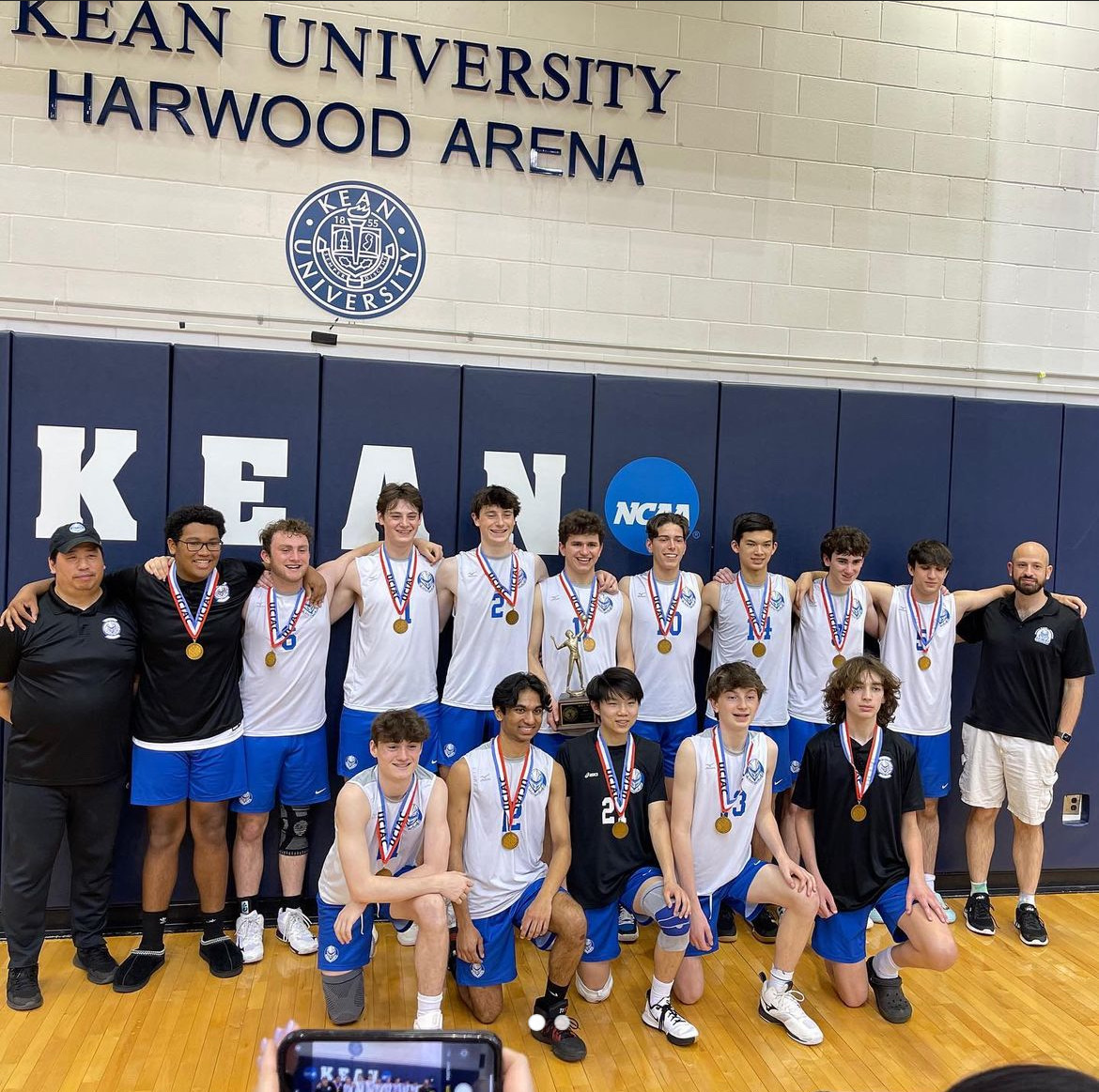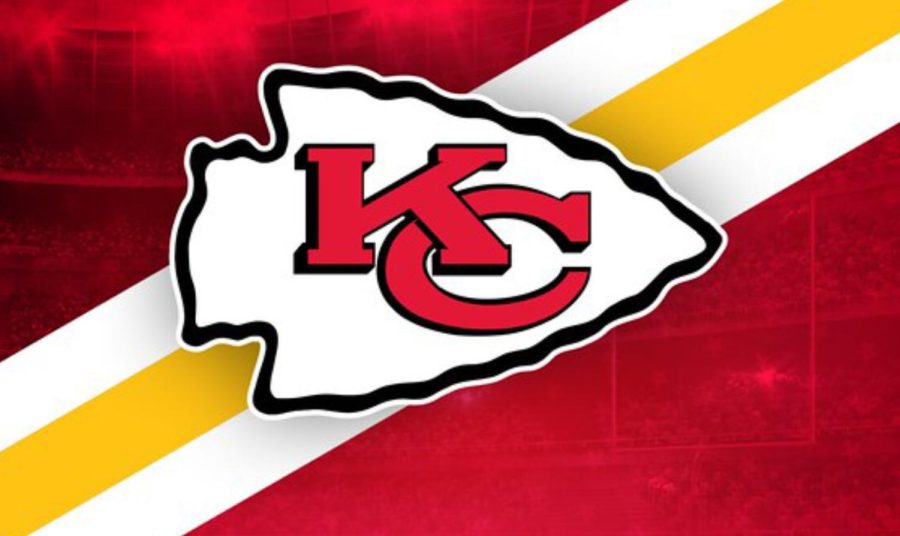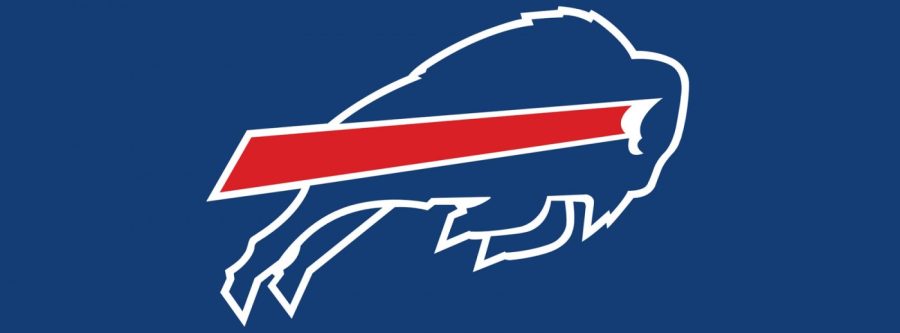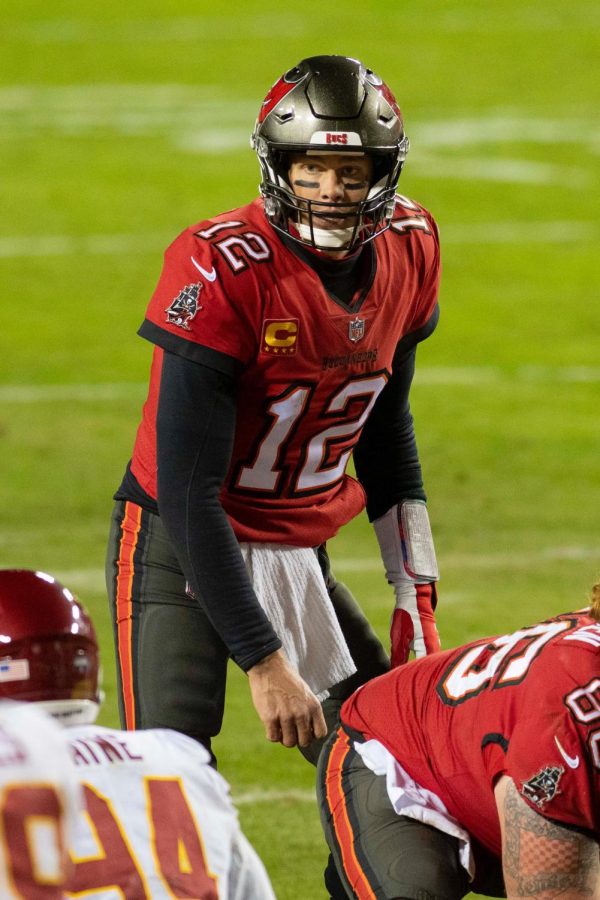Northwestern University football players recently made national headlines by attempting to unionize. While doing so they appealed to the National Labor Relations Board (NLRB) to gain more benefits, including medical care, updated rules for transferring, keeping scholarships after injury and better support for players after graduation.

The idea of college athletes receiving benefits for playing sports is not new, yet the National Collegiate Athletic Association (NCAA) has consistently taken the stance that college is for education, and that participating in athletics is only a bonus.
Northwestern players hope that creating a union will provide college athletes with benefits that they currently lack, including payment aside from grants and scholarships, greater representation, and guaranteed medical care.
“One of the things that I love about college sports is that the players play simply out of the love of the game,” said sophomore Giancarlo Lorusso.
This hasn’t stopped Kain Colter, the Northwestern quarterback, from seeking the ability to unionize. Colter has been working with Ramogi Huma, the head of the College Athletes Players Association (CAPA), which works to represent college athletes across the country.
“Every major sports league has unions. The players unions collectively bargain with the owners to create a fair deal for both sides,” said junior Jacob Salem. “Why should collegiate sports be different?”
Currently, the NLRB requires 30 percent of the members in a group in order to consider a petition.
Huma told ESPN that “an overwhelming majority” signed on to join the potential union. The university disagrees with Colter and Huma’s case.
“Northwestern believes that our student-athletes are not employees and collective bargaining is therefore not the appropriate method to address these concerns,” said Northwestern Vice President of Athletics and Recreation Jim Phillips.
Colter and Huma’s case is pending review by the NLRB. After that, the appeals process begins, which may lead all the way to the Supreme Court.
If players are given the right to unionize, players like Colter will likely have graduated by the time the new rules are implemented.
However, Colter and Huma’s efforts could change the entire dynamic of athletic programs.



The Fanscotian
Menu
Scotch Plains
-
5 PM68 °
-
6 PM67 °
-
7 PM64 °
-
8 PM62 °
-
9 PM60 °
-
10 PM58 °
-
11 PM56 °
-
12 AM55 °
-
1 AM54 °
-
2 AM53 °
-
3 AM52 °
-
4 AM51 °
-
5 AM50 °
-
6 AM50 °
-
7 AM51 °
-
8 AM52 °
-
9 AM53 °
-
10 AM54 °
-
11 AM55 °
-
12 PM55 °
-
1 PM55 °
-
2 PM55 °
-
3 PM54 °
-
4 PM52 °
-
5 PM50 °
April 16
69°/
49°
Sunny
April 17
56°/
47°
Moderate rain
April 18
47°/
43°
Moderate rain
Recent Results
Select a Sport
Scotch Plains-Fanwood High School
157
Oratory
180
Apr 15 / Golf
Scotch Plains-Fanwood High School
5
Roselle Park
0
Apr 15 / Boys Tennis
Scotch Plains-Fanwood High School
2
Bridgewater-Raritan
0
Apr 15 / Boys Volleyball
Scotch Plains-Fanwood High School
12
New Providence
7
Apr 15 / Boys Lacrosse
Scotch Plains-Fanwood High School
1
Governor Livingston
9
Apr 15 / Baseball
Scotch Plains-Fanwood High School
12
Middlesex
8
Apr 13 / Softball
Scotch Plains-Fanwood High School
13
J.P. Stevens
2
Apr 13 / Softball
Instagram
Northwestern athletes challenge NCAA system in hopes of unionizing
March 20, 2014
Leave a Comment
More to Discover
The Student News Site of Scotch Plains-Fanwood High School
